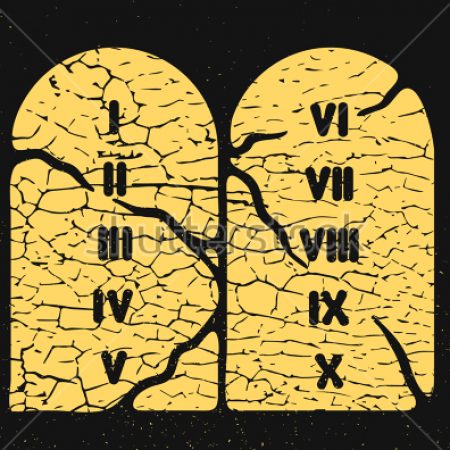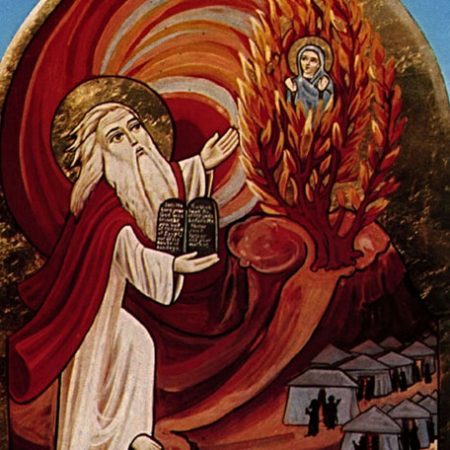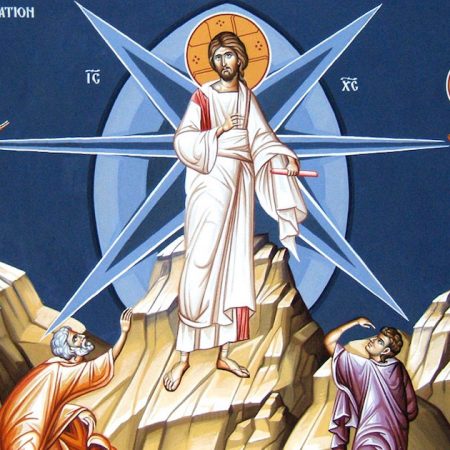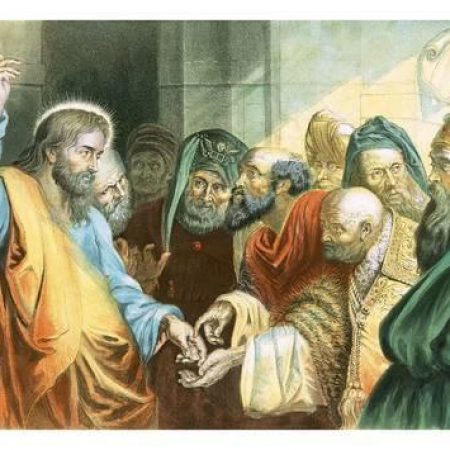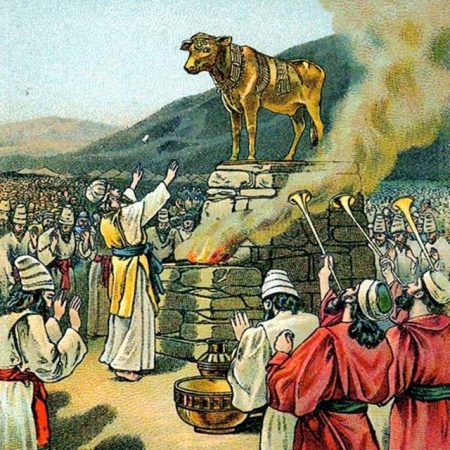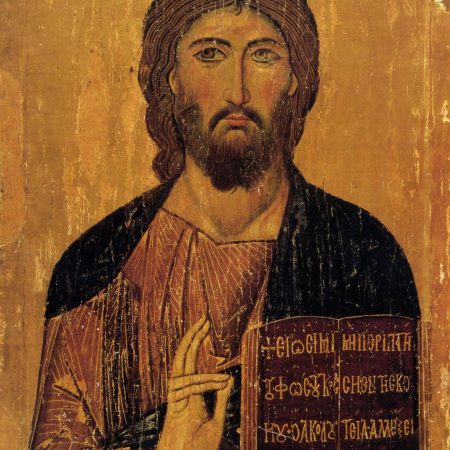We all learn our desires from others, but most of them are destructive, and law tries to control them. The pathway to freedom and life is to follow Jesus and learn to desire as he desires.
Sermons on Exodus
There is life and nourishment hidden in the depths, and through Jesus the rock it is accessible to us.
God’s offer of unlimited forgiveness creates a new world in which we are free to stop judging one another and turning on one another and spiralling into violence and hatred.
Our true identity is only found when we discover that it is not about us, but that we are only truly anyone in relation to the God who is everything, and who is not the opposite of anything.
The stories of Moses, Elijah and Jesus on various mountain tops reveals a process of God’s self-revelation as the one who loves us and suffers for us.
Modelling ourselves on those who model themselves on Jesus is a healthy pathway to fulfilling the image of God within us.
God invites us to live joyously, boldly and freely in the midst of mystery, but we are frequently tempted to grasp for something more tangible and certain.
When we use the biblical law to reinforce a worldview of sin and punishment, we doom ourselves to live in a judgemental world, a world from which Jesus offers to break us free.
Law typically serves to contain the expression of human desire within safe bounds, but Jesus calls us to follow him in fulfilling the law through radical love and mercy that always seeks reconciliation.
Our deepest thirst will never be satisfied by cautious morality and religious compliance, but it will be abundantly quenched when we drink deeply of the living water of joyous intimacy that Jesus pours out freely.
When we approach God’s way of life and the Sabbath not as punishment, but as gift, the experience becomes a chance to rest from work and from striving; and to allow space for God through contemplation and re-creation and play.
There are many stories in the Bible that can appear to portray God as involved in terrorist acts, but Jesus invites us to read them in new ways.
The Ten Commandments are not about creating a system of law and punishment. They are a window into the stories and the lifestyle of the culture of God.
God’s grace is so extravagant that it will offend us as long as we are measuring our worth in comparison to others.
What would happen if violence were met with bread, with blankets, with hospitals, with forgiveness of debts?
Whether we have been the oppressor or the oppressed or both, we all have a role in God’s work against violence and exploitation; we can all participate in God’s passion for justice.
The stories of Moses, Elijah and Jesus on various mountain tops reveals a process of God’s self-revelation as the one who loves us and suffers for us.
The commandments cannot be imposed, but are what result when people have learned to love and their desires have merged with God’s.
When greed and fear demand that we give our attention to money, Jesus calls us to reclaim the image of God within us, and offer ourselves to God.
The ten commandments are not a measure of our moral accomplishment, but a gift offered to God by a grateful covenant people.

